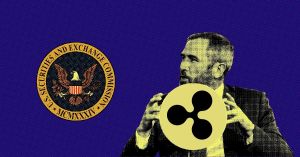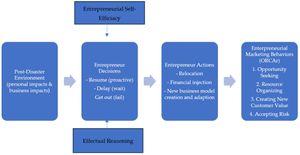Global credit appraiser Fitch Ratings has reaffirmed South Korea's sovereign rating at "AA-" with a stable outlook, maintaining this level since it was elevated from A+ back in September 2012. This recent affirmation, announced on February 6, 2024, signals confidence in the nation's economic fundamentals, even as the country grapples with political unrest following President Yoon Suk Yeol's controversial actions, including the short-lived imposition of martial law and subsequent impeachment efforts.
The latest ratings decision stands out against the backdrop of what Fitch describes as a political crisis. The agency noted, "(South) Korea is in the midst of a political crisis... resolved in a constitutional manner," providing assurance to stakeholders about the resilience of South Korean institutions and governance.
Despite the political headwinds, Fitch highlights stability within South Korea's economic structure, reflecting strong external finances and a dynamic export sector. The rating agency has revised its growth forecast for the nation’s economy down to 1.7% for 2024 compared to its prior projection of 2%. This downward adjustment arises from concerns over political uncertainties impacting business confidence nationally.
Worries also extend to international trade conditions, particularly the potential for increased tariffs under the new U.S. administration. The situation has added to downward pressures, prompting forecasts of moderate export declines. The first sign of this trend appears with January's 16-month streak of increasing exports coming to an end.
Nevertheless, Fitch recognized some positive movements, including the South Korean government's strategic decision to front-load about 75% of its fiscal spending for 2025 during the first half of the year. This initiative aims to stimulate the economy by ensuring timely investment traffic during politically turbulent periods.
While the credit rating remains sound, Fitch did call out the concern surrounding South Korea's high household debt levels, which linger above those of many other advanced economies. The agency's report indicated, "Borrowing has risen slightly owing to eased interest rates and stabilized apartment prices," creating a complicated picture of consumer finance.
Responding to Fitch's reaffirmation, South Korea's finance ministry expressed optimism about the credit rating outlook, stating, "It is expected to alleviate... foreign investors' concerns about South Korea's external credibility." This sentiment underlines the authorities' proactive stance on managing investor relations amid political turmoil.
Market analysts remain alert as they navigate these developments. Although Fitch’s rating reflects underlying economic stability, political factors continually pose risks. The uncertainty stemming from President Yoon’s leadership approach and its reception within both domestic and international communities raises questions about the longevity of such credibility.
Observers expect Fitch will continue to monitor the situation closely, keeping the door open for possible reassessments as the political climate evolves. The need for stable governance is echoed across many sectors, as business leaders call for resolution and clarity to inspire renewed confidence among consumers and investors alike.
Concerning the future, macroeconomic indicators such as current account surpluses and consistent fiscal discipline can alleviate immediate concerns surrounding the nation's creditworthiness. This trust can be instrumental for broader strategic partnerships, especially with nations managing complex economic webs revolving around trade.
Overall, Fitches' proactive stance is indicative of comforting messages to investors, emphasizing the importance of strong governance and accountability. Political stability will undoubtedly play a significant role as South Korea seeks to maintain its reputation within the global economic environment.



